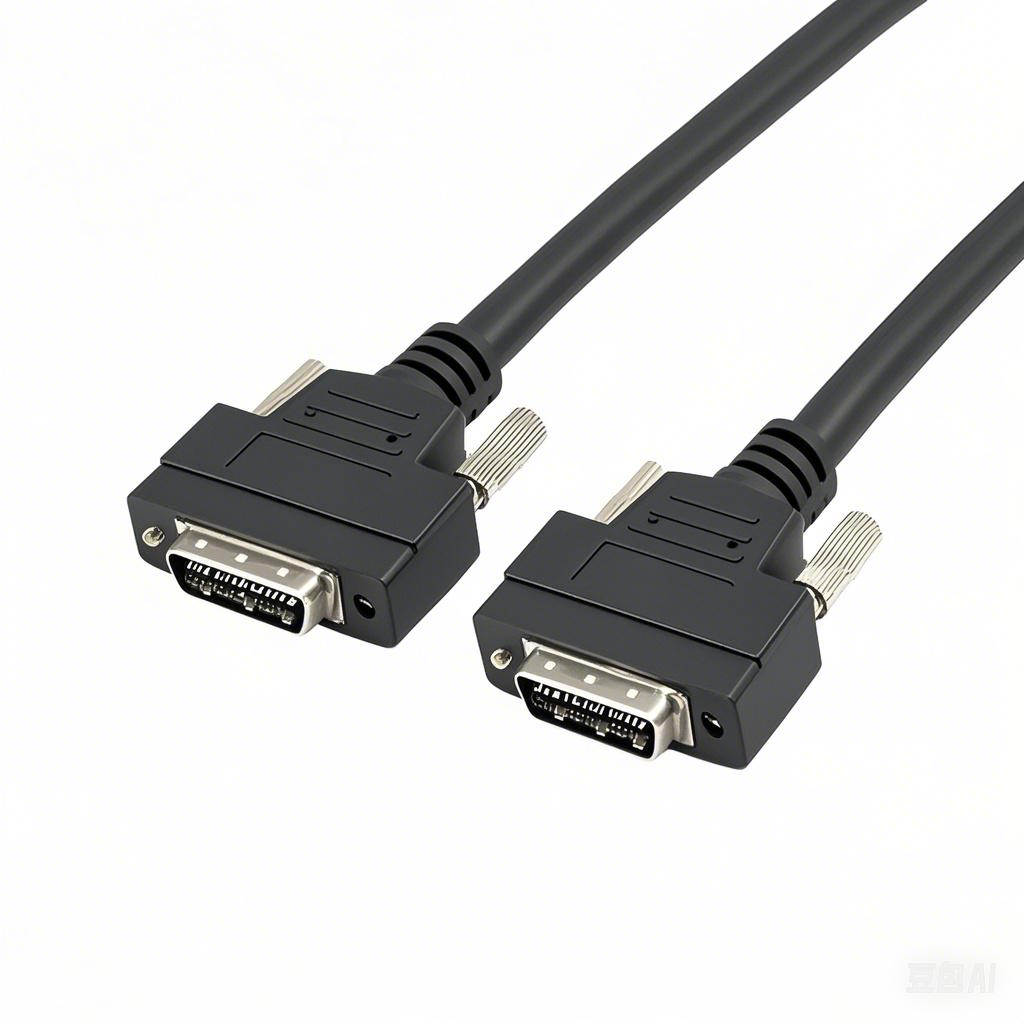Can machine cable be customized?
Yes, machine cables can indeed be customized to meet specific industrial requirements. This flexibility is crucial in diverse sectors such as manufacturing, automation, robotics, and energy, where standard off-the-shelf cables often fail to address unique operational challenges. Below is a detailed overview of how customization works, key aspects that can be tailored, and practical considerations for those seeking bespoke solutions.
Key Customizable Aspects of Machine Cables
- Physical Dimensions
Length, diameter, and flexibility can be adjusted to fit tight spaces in machinery or accommodate long-distance connections. For example, robotic arms with complex movements may require ultra-flexible, short-length cables to avoid tangling, while factory floors might need extended lengths to connect distant equipment.
- Material Selection
Insulation and sheathing materials are chosen based on environmental conditions:
- High-temperature environments (e.g., foundries) use silicone or PTFE-insulated cables.
- Moist or chemical-exposed areas (e.g., food processing plants) rely on halogen-free, oil-resistant materials like TPE.
- Abrasive settings (e.g., mining machinery) benefit from reinforced jackets made of polyurethane.
- Conductor Configuration
The number of conductors, their gauge (thickness), and stranding (for flexibility) are customized to handle specific current loads and signal types. For instance, data-transmission cables in automated systems may require twisted pairs to reduce electromagnetic interference (EMI), while power cables for heavy machinery need thicker conductors to carry high currents.
- Protective Features
Customized shielding (e.g., braided copper, foil) safeguards against EMI/RFI in sensitive applications like medical equipment or precision robotics. Armoring (metal or fiber-reinforced layers) can also be added for resistance to mechanical stress, rodents, or impact.
- Specialized Performance
Cables can be engineered for unique needs:
- Oil resistance for automotive manufacturing lines.
- Flame retardancy for aerospace or industrial ovens.
- Low smoke emission for enclosed spaces like subway systems.
The Customization Process
- Needs Assessment: Manufacturers collaborate with clients to define requirements, including environmental factors, current/voltage ratings, flexibility, and compliance standards (e.g., UL, CE, RoHS).
- Engineering Design: Technical teams design prototypes using specialized software to simulate performance under intended conditions.
- Testing & Validation: Prototypes undergo rigorous testing (e.g., temperature cycling, bend tests, insulation resistance checks) to ensure reliability.
- Production: Once approved, mass production begins, with quality control at each stage to meet specifications.
Advantages of Custom Machine Cables
- Optimized Performance: Tailored cables reduce energy loss, signal interference, and downtime.
- Longevity: Materials and designs matched to environments extend service life, lowering replacement costs.
- Safety Compliance: Custom solutions adhere to industry-specific regulations, minimizing risks of accidents or failures.
Considerations for Custom Orders
- Lead Time: Customization may take longer than standard orders (typically 2–6 weeks) due to design and testing phases.
- Cost: Initial investment is higher than off-the-shelf options, but long-term savings from improved efficiency often offset this.
- Minimum Order Quantities (MOQs): Some manufacturers require larger volumes for custom runs, though smaller batches are increasingly available for niche applications.
In summary, machine cable customization is not only possible but essential for addressing the unique demands of modern industrial operations. By partnering with experienced manufacturers, businesses can obtain cables that enhance efficiency, safety, and durability in their specific workflows.











